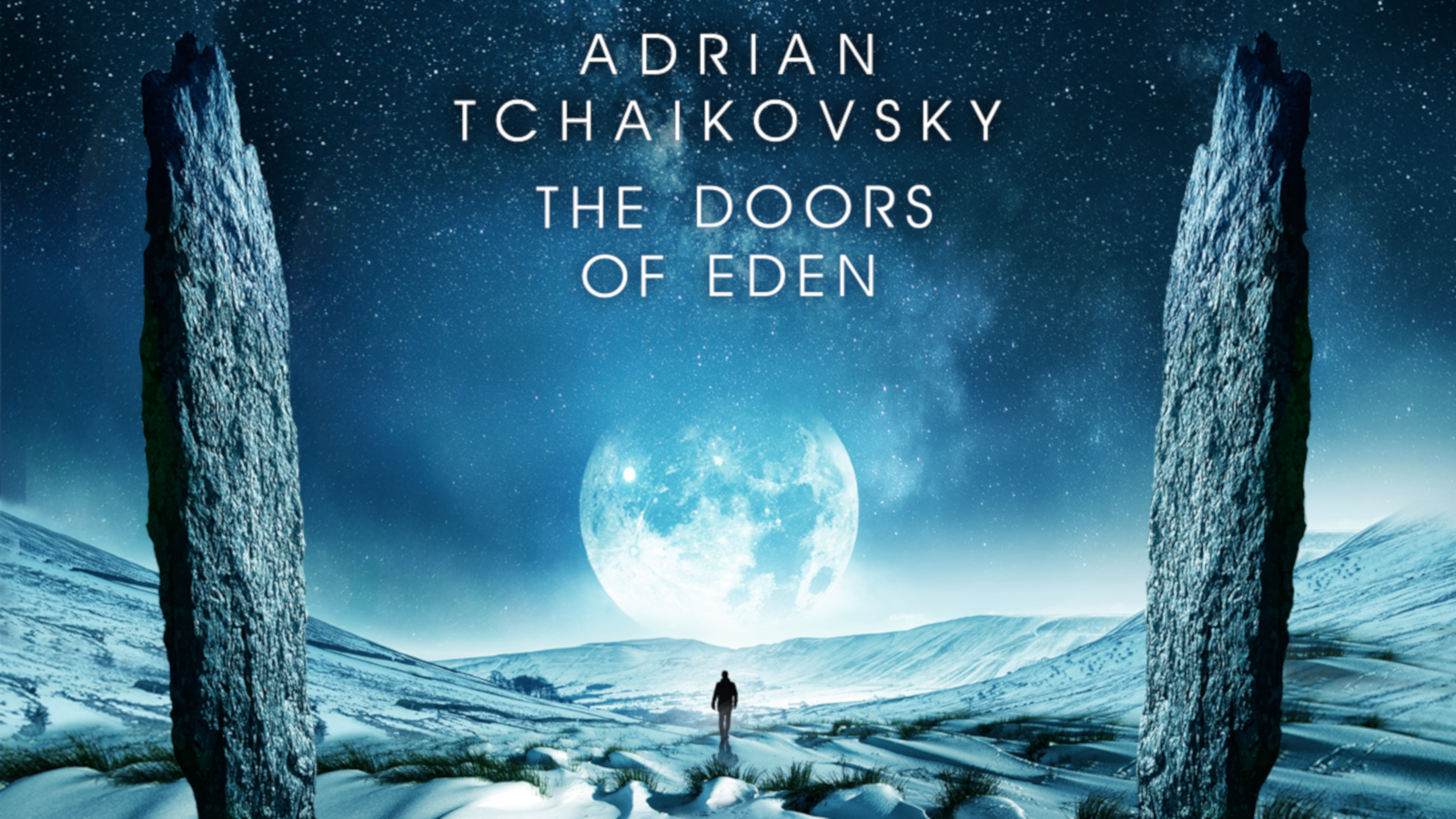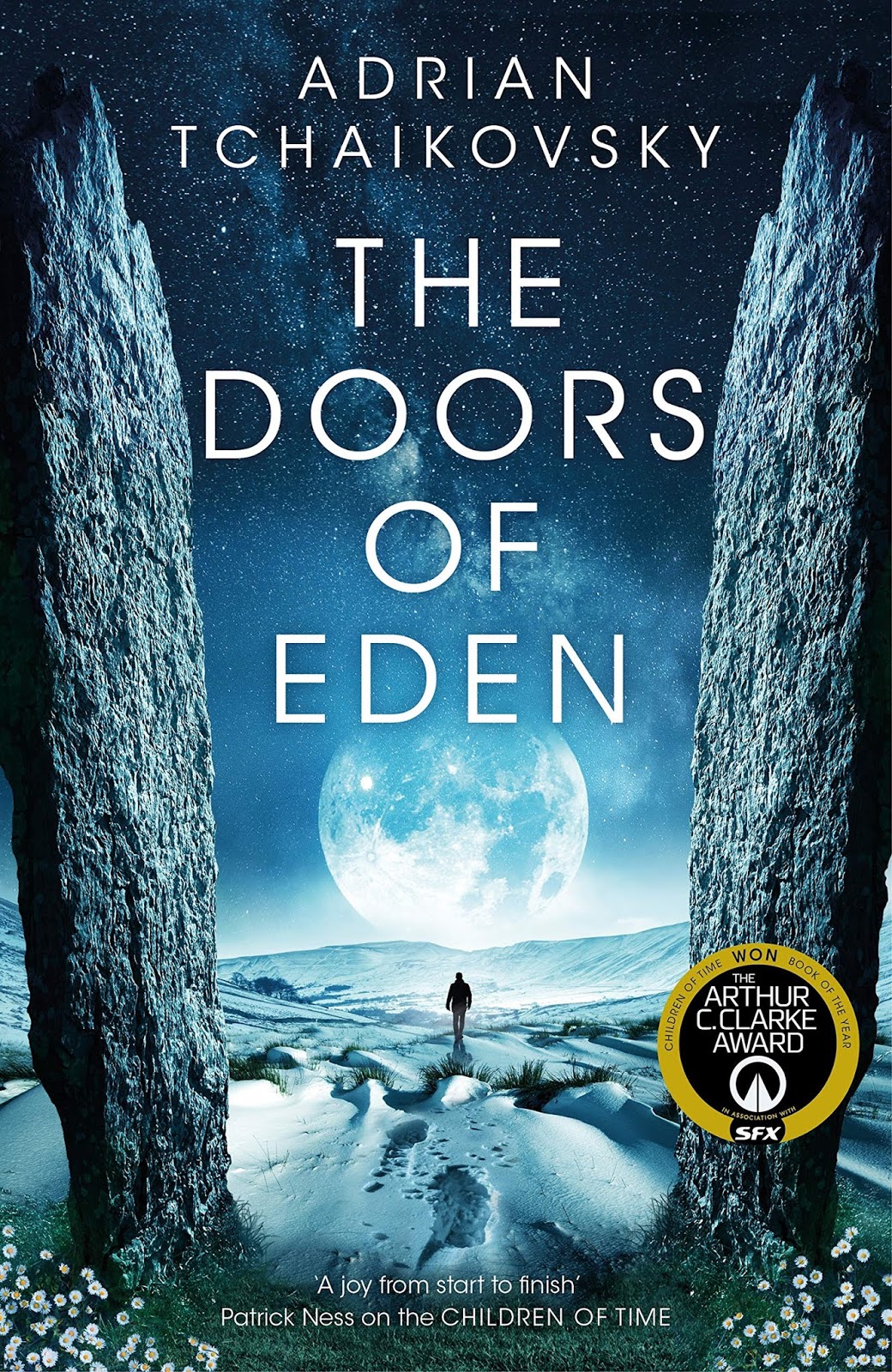

One twist towards the end of the novel even managed to send a shiver down my spine and put a smile on my face at the same time. It is a book brimming with ideas, taking in climate change, Brexit and English nationalism along the way, but it never feels overstuffed. Sawyer – but Tchaikovsky’s combination of techno-thriller and alternative biology had me hooked. It is impossible to pick a favourite, though highlights include a species of mudskipper-like fish that upload their minds into ice-bound supercomputers and a world in which descendants of cats rule over primates through a souped-up version of the Toxoplasma gondii parasite.Īs a sci-fi premise, it isn’t entirely new – reading The Doors of Eden, I had echoes of the Long Earth series by Terry Pratchett and Stephen Baxter, along with the Neanderthal Parallax trilogy by Robert J. Interspersed throughout the book are vignettes of these other Earths, each taking a branch of evolution as their jumping off point. Read more: Tale of world of supersmart spiders takes Clarke SF award

All of them are drawn together to face a coming crisis: things have increasingly begun to cross over from other timelines, putting every universe at risk. The main narrative starts small with two young women on the hunt for cryptids, mysterious animals like the Loch Ness monster, but expands to encompass MI5 agents, a chain-smoking trans mathematician and a shadowy businessman.

Tchaikovsky’s world-building is some of the best in modern sci-fi and now he has made an enchanting multiverse of parallel Earths. The British sci-fi and fantasy author memorably brought a civilisation of intelligent spiders to life in the award-winning Children of Time, but his latest book, The Doors of Eden, takes this idea one further, uplifting species across the whole of Earth’s evolutionary history.

You never quite know what to expect from a new Adrian Tchaikovsky novel, but you can safely assume it will involve sentient creepy-crawlies. Adrian Tchaikovsky’s latest novel The Doors of Eden rewrites Earth’s evolutionary history


 0 kommentar(er)
0 kommentar(er)
